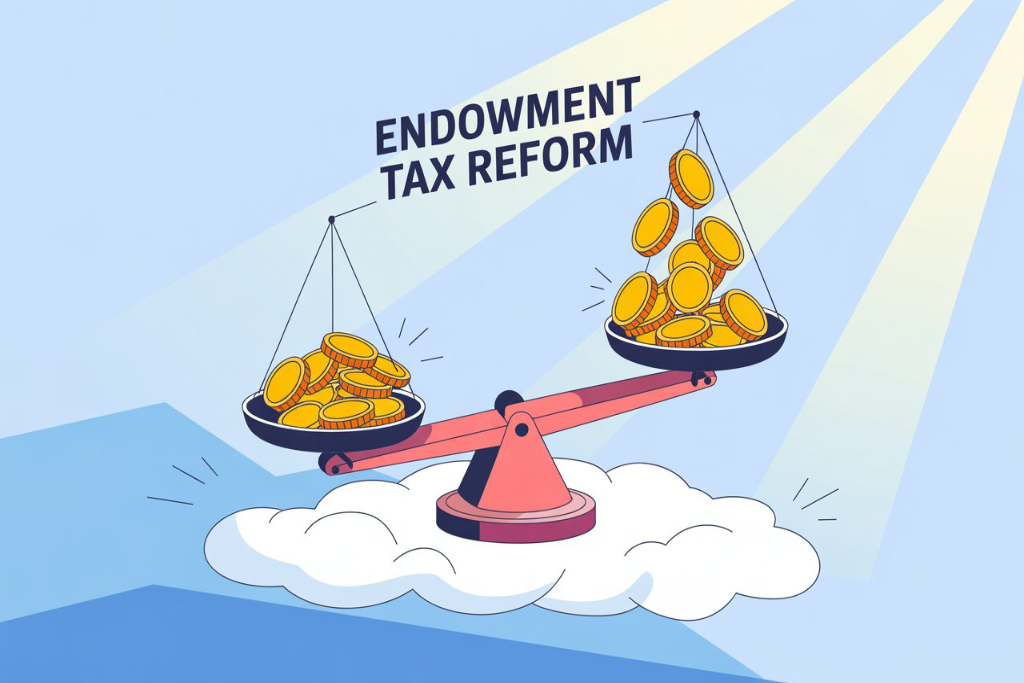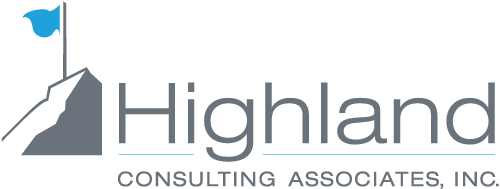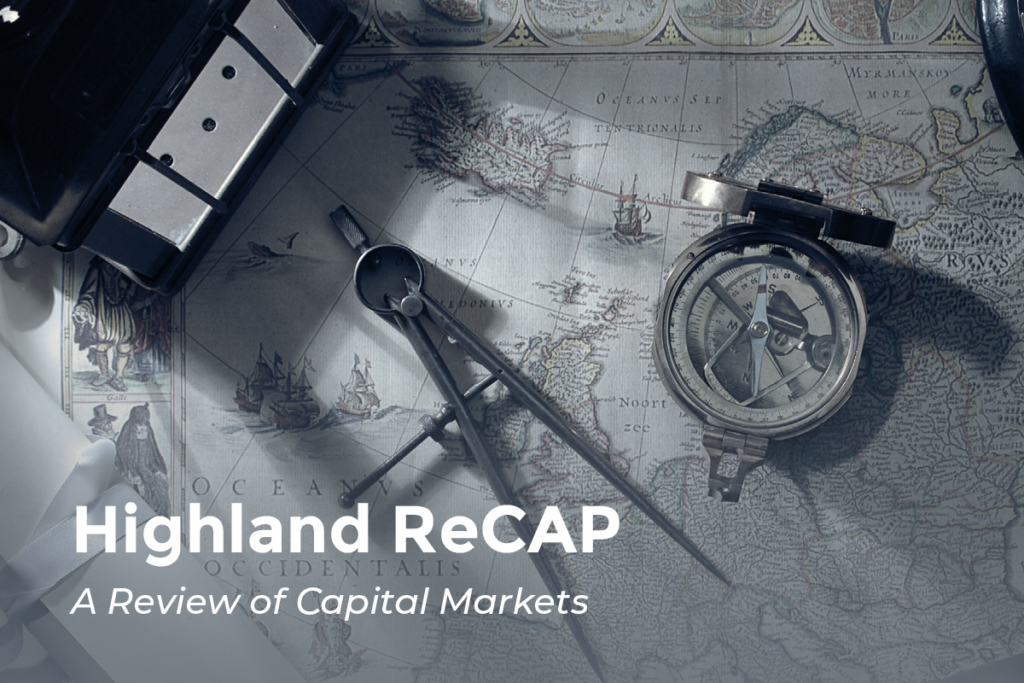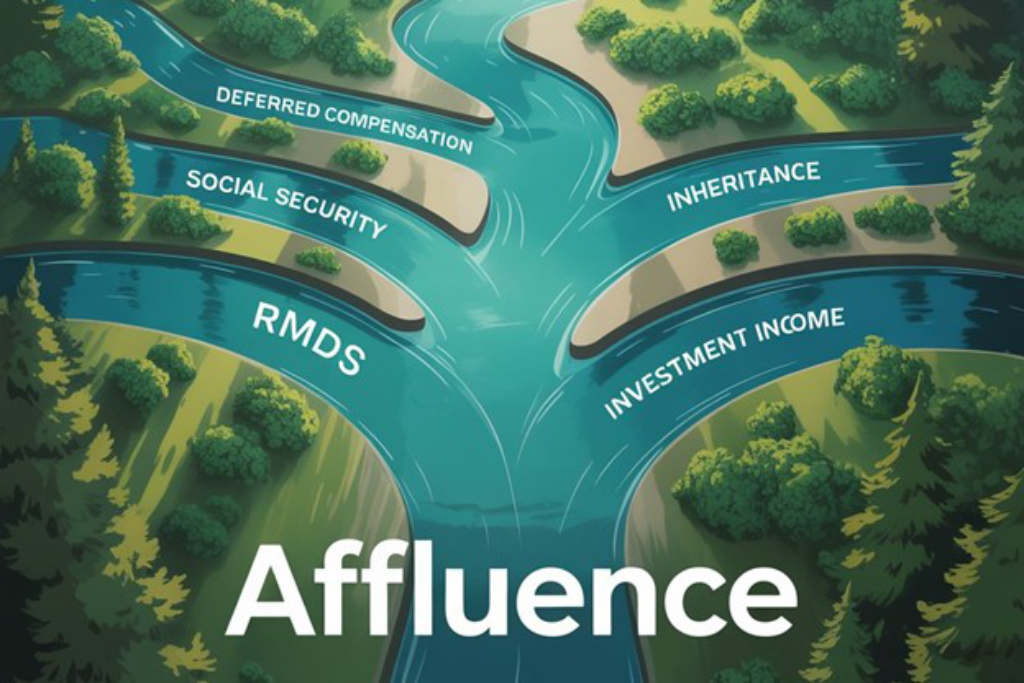The E&F Advocate: Now a Law – The One Big Beautiful Bill Implications for Endowments & Foundations

The recently passed “One Big Beautiful Bill” (OBBB) represents the most consequential legislative package for U.S. endowments and foundations in over a decade. While sweeping in scope, its most significant implications for our community fall into three categories: tax reform, climate and infrastructure capital, and university governance provisions.
Tax Code Overhaul: Pressures on Investment Alpha
The OBBB introduces a tiered excise tax structure based on total AUM, not just net investment income. For larger endowments, especially those exceeding $1 billion, this raises effective marginal taxes by .2% to .3%. That is not trivial in a lower nominal return environment. While smaller foundations are spared, the direction is clear: policymakers are tying tax rates to perceived societal benefit. Alpha will be harder to preserve net-of-tax, and it sharpens the need for cost-effective active management, direct investing, and mission-aligned overlays.
A $1 Trillion Climate-Infrastructure Wave
The OBBB’s climate and infrastructure package is a generational investment program, catalyzing public-private partnerships in energy, transit, and resilient housing. For impact-aligned portfolios, the opportunity is immense. Blended finance structures, green municipal bonds, and real asset strategies stand to benefit. Foundations with Principles for Responsible Investment (PRI) or Mission-Related Investment (MRI) mandates should now accelerate pipeline development in climate-smart sectors. The near-term challenge: public markets are already pricing in this optimism, but the private investment platforms remain fragmented — a critical opening for early movers.
Governance, Transparency and the “50% Mandate”
Perhaps most disruptive is the new mandate requiring educational endowments above $500 million to direct at least 50% of annual grantmaking toward financial aid and affordability measures. While this doesn’t apply to private foundations, the political signal is unmistakable. We expect increased scrutiny of payout ratios, opacity in manager selection, and the social return of portfolios. Forward-leaning institutions will pre-emptively increase transparency, simplify investment structures, and lean into mission clarity.
Conclusion
The OBBB doesn’t just reshape fiscal policy — it redefines the social contract between endowed capital and the American public. This unleashes an opportunity to modernize investment mandates, evolve governance, and unlock capital with purpose. Highland’s E&F consultants are available to guide you through these challenges. Please contact Gaurav Patankar, PhD at gpatankar@highlandusa.net or Joel Baker, CFA at jbaker@highlandusa.net.
Highland Consulting Associates, Inc. was founded in 1993 with the conviction that companies and individuals could be better served with integrity, impartiality, and stewardship. Today, Highland is 100% owned by a team of owner-associates galvanized around this promise: As your Investor Advocates®, we are Client First. Every Opportunity. Every Interaction.
Highland Consulting Associates, Inc. is a registered investment adviser. Information presented is for educational purposes only and is not intended to make an offer of solicitation for the sale or purchase of specific securities, investments, or investment strategies. Investments involve risk and unless otherwise stated, are not guaranteed. Be sure to first consult with a qualified financial adviser and/or tax professional before implementing any strategy discussed herein. Past performance is not indicative of future performance.



